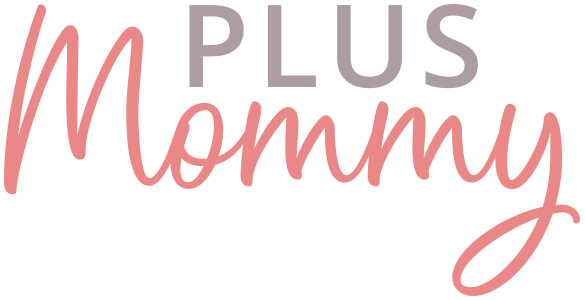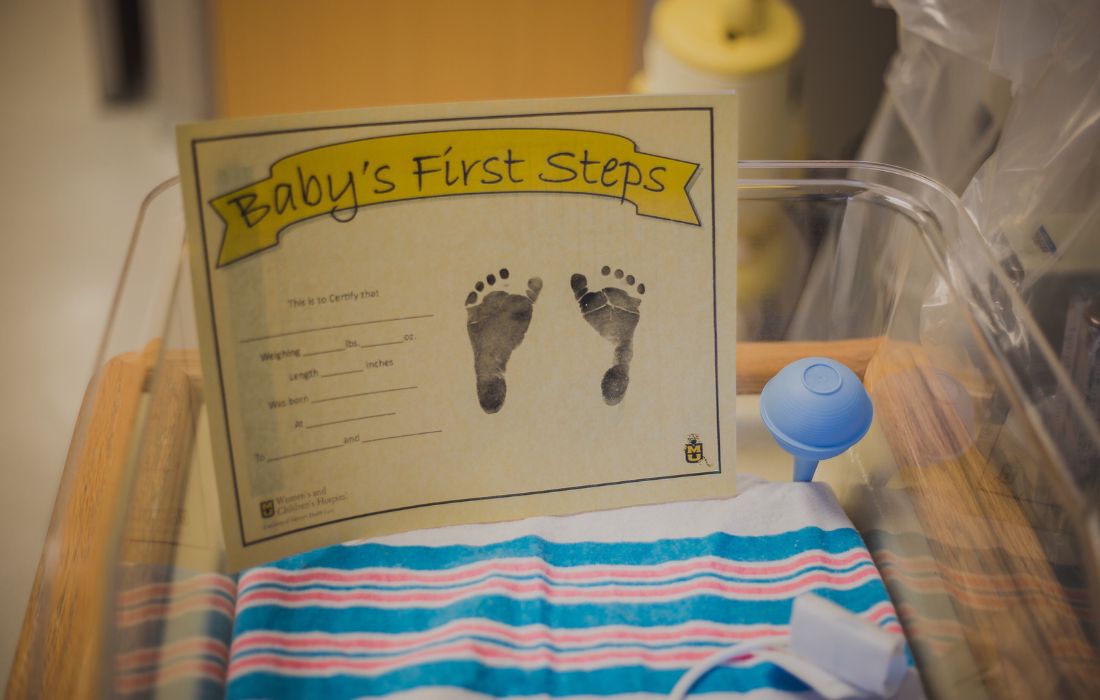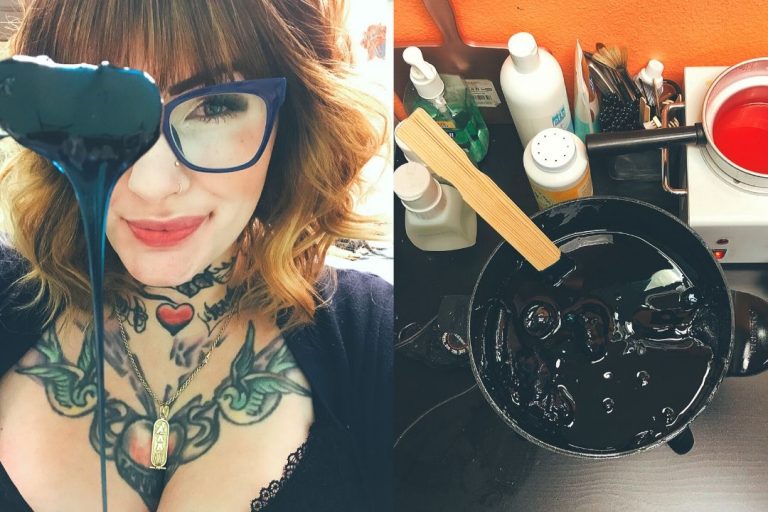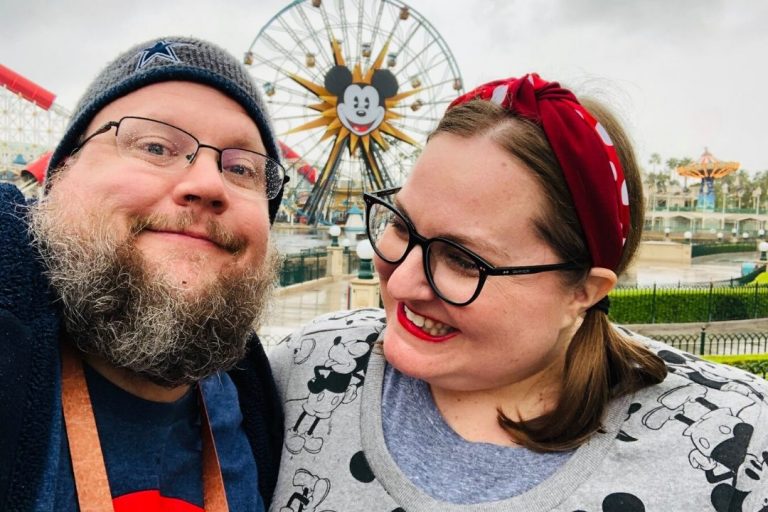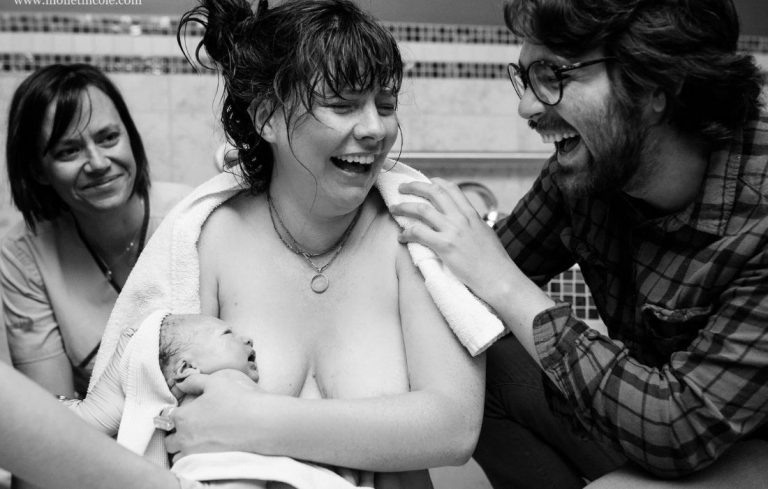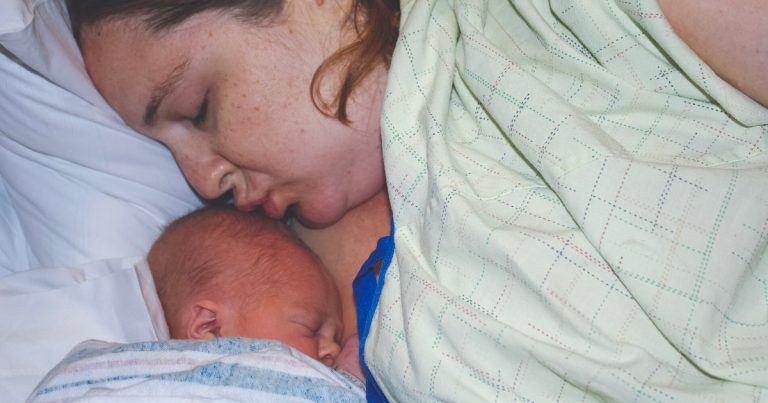Size-Inclusive Doula Confronts the Topics We Tend to Avoid
Plus size families face unique challenges that are often overlooked, but size-inclusive doula Heidi Snyderburn isn’t afraid to shake up the conversation and address these critical issues head-on.
Heidi, with over 20 years of experience, shares the crucial yet frequently overlooked aspects of pregnancy and postpartum care for plus size individuals.
Her approach to discussing these sensitive topics provides invaluable insights and support for families navigating the maternity journey.
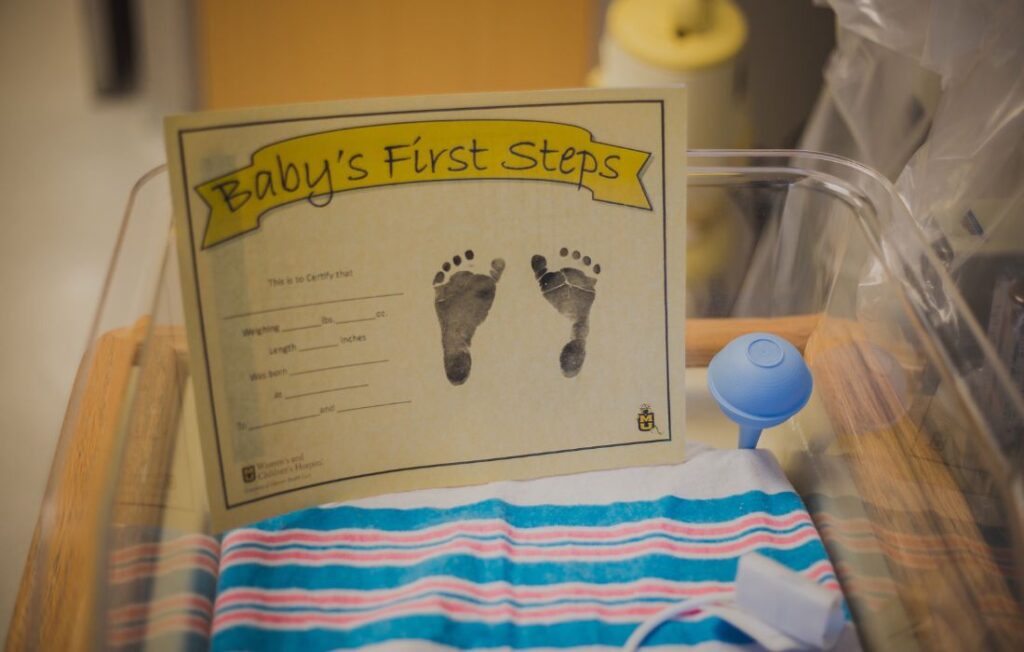
What is a Doula?
Heidi begins by explaining the term “doula,” its Greek origins, and its evolution into a recognized career.
Traditionally, a doula is seen as a “woman servant,” but the role has expanded over the years.
Today, doulas are trained professionals who provide emotional, physical, and informational support to birthing individuals before, during, and after childbirth. And there are even size-friendly doulas, like Heidi.
Heidi emphasizes the current shift towards the term “birth worker” to avoid cultural appropriation and better reflect the inclusive nature of the profession.
Inclusive Language in Birth Work
Heidi and Jen discuss the importance of using inclusive language such as “pregnant people” to acknowledge all identities.
They stress that inclusivity in birth work is not just about language but also about respecting and meeting individuals where they are.
This approach helps create a supportive and respectful environment for all birthing individuals.
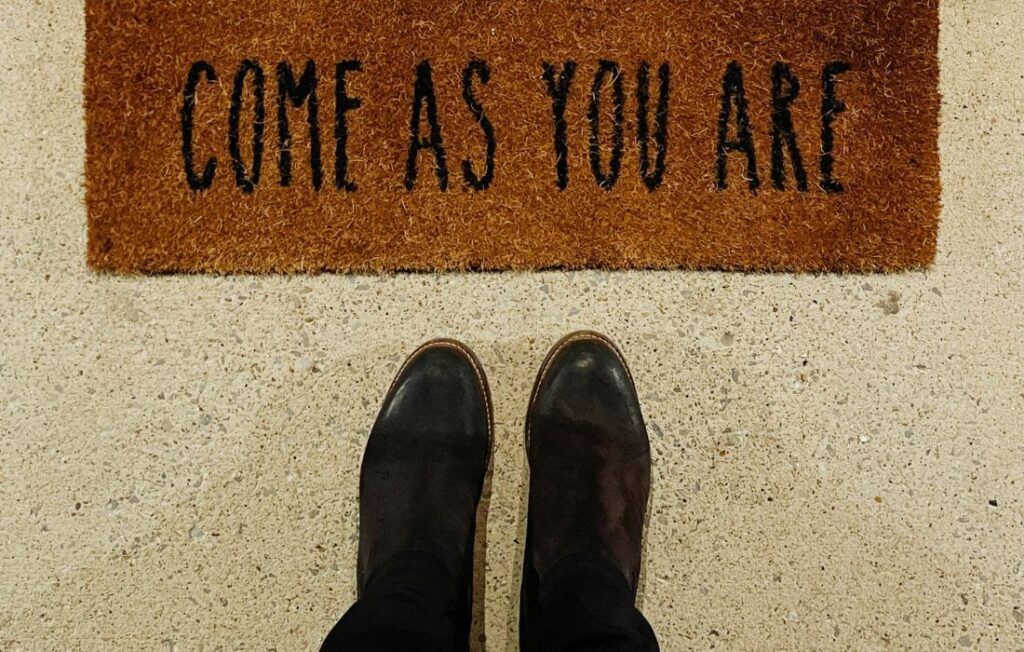
Supporting Clients with Disordered Eating
One of the critical topics discussed is the importance of creating an informed birth team that is aware of a client’s history with disordered eating.
Heidi explains how preparing clients for their first prenatal visits and discussing weight gain limits are crucial.
Setting boundaries for emotional well-being is equally important, ensuring that clients feel supported and respected throughout their pregnancy journey.
The Importance of Disclosure
Heidi also emphasizes the importance of disclosing any past trauma to your birth team to ensure comprehensive support.
By sharing your history, your birth team can be more attuned to your needs and triggers, providing a safer and more supportive environment during labor and delivery.
Open communication allows your team to tailor their care approach, helping to mitigate any potential stressors and fostering a more positive birth experience.
Specialized Equipment for Plus-Size Support
Heidi provides insights into the specialized equipment she uses to support plus-size individuals throughout pregnancy, labor, and birth:
Cloths and Wraps
Using various sizes of cloths similar to a Mexican Rebozo, you can comfortably wrap around any body size without causing embarrassment.
Birth Sling
This tool helps clients feel weightless and supported, particularly useful for larger bodies. The birth sling typically supports up to 400 pounds, making it accessible for many plus size individuals.
TENS Unit Pads
TENS units come with different-sized pads to cover a broader area for pain management, ensuring effective use regardless of body size.
Blood Pressure Cuffs
To accommodate larger arms comfortably for accurate readings, larger blood pressure cuffs are needed.
Peanut Balls and Squat Bars
For clients aiming for specific birthing positions, exercise balls, peanut balls, and squat bars can support and enhance comfort during labor.
Monitoring Equipment
Wireless monitors like the Novii works better for people with larger bodies than traditional banded monitors.
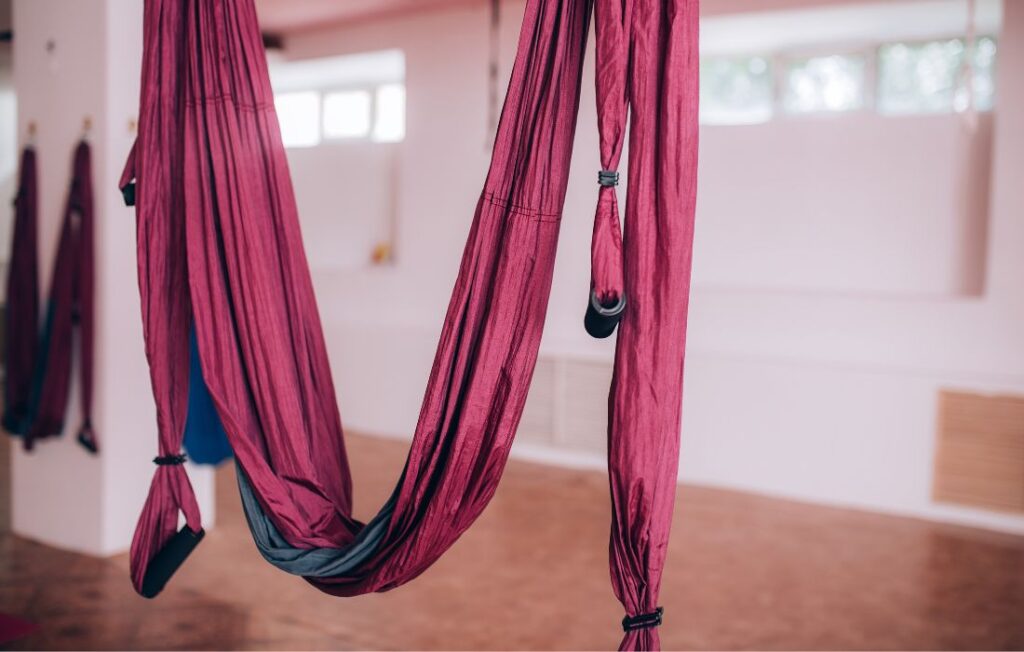
Labor and Birth Positions
Heidi talks about the flexibility of birth positions and the importance of having appropriate tools for different body sizes during labor and delivery for plus size individuals.
Heidi emphasizes that there are no limitations on birth positions for her clients unless they set them themselves. She uses an extensive intake form to understand any physical limitations or strengths, ensuring she can support them effectively.
Postpartum Care
Postpartum care is another critical topic covered in the episode.
Heidi discusses the emotional challenges faced postpartum, especially for those with a history of disordered eating.
She emphasizes the importance of self-care and body gratitude practices, such as getting naked and looking at oneself in the mirror to appreciate the body’s capabilities and changes.
Size-Inclusive Doula Additional Tips
Heidi shares several practical tips for birthing individuals:
- Writing down important points if you fear losing your voice during medical appointments.
- Communicating preferences and triggers to care providers in advance.
- Knowing and asking about the dimensions and facilities available at birthing locations.
Tune into episode 218 of the Plus Mommy Podcast as size-inclusive doula Heidi Snyderburn, with over 20 years of experience, addresses often overlooked challenges that plus size families face. We dive deep in this episode, covering important yet sensitive topics with strong content warnings.
Recording & Show Notes: Plus Mommy Podcast Episode 218
Transcript happily provided upon request.
Resources Mentioned On The Show
- Connect with Heidi and access her resources by following her on Instagram at @birth.story.academy and visit birthstory.com.
- Tune into the Birth Story Podcast.
- Size-Friendly Birth Course – a size-inclusivity maternity training for birth professionals.

